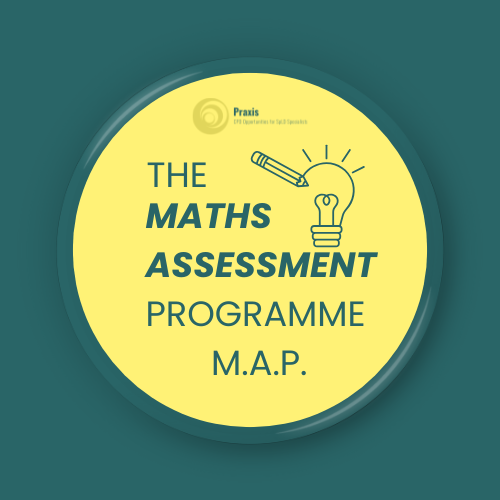WHAT YOU WILL LEARN IN THIS COURSE
-
The impact of domain-specific and domain-general factors on mathematics across educational settings, the workplace, and daily life.
-
Up-to-date research in mathematical cognition
-
Exploring background information needed, what and how to assess, interpreting information and recommendations for support
-
Sessions will include direct input, a follow-up task and discussion activities
-
Access to a resource bank
SASC require all assessors for SpLD in Maths Difficulties/Dyscalculia to have appropriate training, skills and background experience.
This is laid out in Table 3 of the guidance document.


This is Unit 3 of the Maths Assessment Programme (M.A.P.) and will begin in April 2026. It is included as part of the programme- no need to sign up if you have enrolled in the full programme.

This session is led by...
Senior Trainer
Janet Goring
Janet taught for twenty-five years, following a PGCE specialising in maths. She developed an interest in maths difficulties in order to help her own son. She set up a local authority service identifying and supporting pupils with maths difficulties in 2010 and went on to manage the wider support service for pupils with literacy and maths difficulties for six years.
Following her level 7 assessment qualification, she completed a masters in SpLD, with a project on developing number sense through using a board game.
Janet has also led work groups for the Maths Hubs focussing on supporting students with SEND through a graduated approach for seven years.
She is a member of STEC (SASC test evaluation committee) and is currently chairing the national working group re-examining the definition and guidance for Dyscalculia and Maths Difficulties for SASC (Specific Learning Difficulties Assessment Committee).
Your course fee includes VAT at 20%. Please email [email protected] if you require a VAT receipt.
